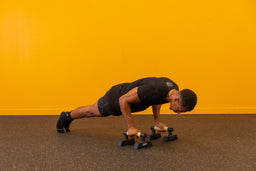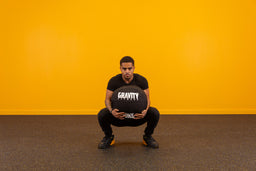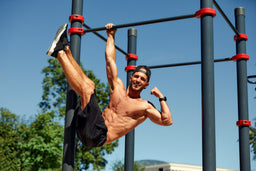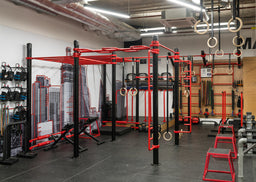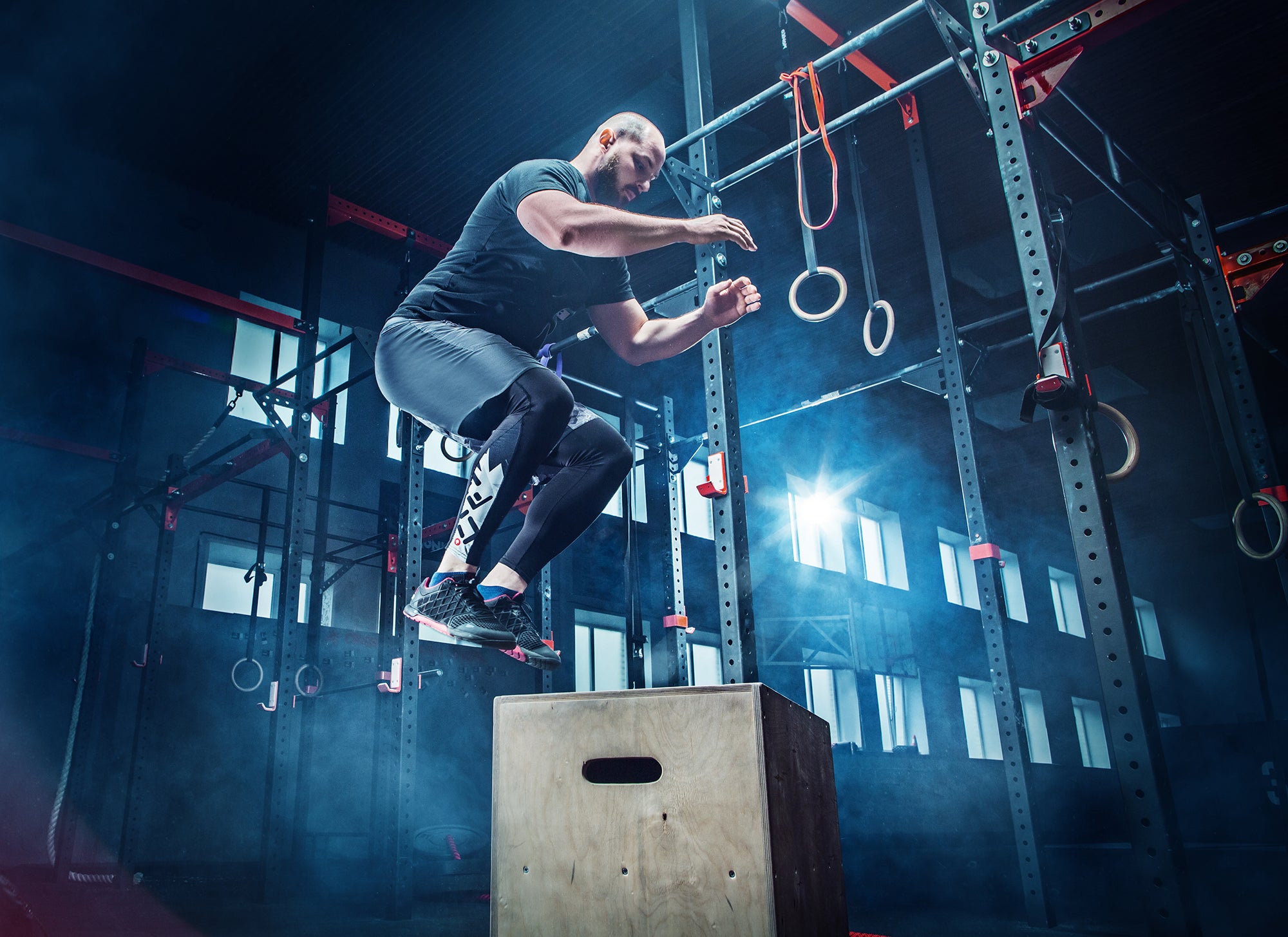
The Importance Of Play (Why We All Need Functional Training)
The Importance Of Play (Why We All Need Functional Training)
When’s the last time you exercised for the sheer fun of it? As kids, playtime meant the chance to let off some steam and move your body in weird and wonderful ways. But somewhere along the line we’ve lost that focus on playfulness. Here’s why functional training could be the best way to bring play back to your fitness lifestyle.
The science of play
Having fun with training doesn’t just feel good, it’s highly beneficial for physical and mental health. Being playful has a positive impact on the neurons in your prefrontal cortex, the area of the brain that effects decision-making and analysis.
Play offers a valuable social outlet at a time when more of us are isolated or working from home. That’s partly why team sports, group training, and community-based fitness like CrossFit fosters such a sense of loyalty.
One 2016 study into the social dynamics of physical activity found that (1) physical activity that’s framed as fun and social fares much better than training purely for performance or aesthetics. And that makes sense when we think about staying active over a lifetime.
An earlier (2012) study was one of the first to specifically look at play in adults rather than in children, and it found that adults who play more reported lower levels of perceived stress and used adaptive coping strategies more often. (2)
Anything that feels like play will lead to laughter, reduced stress, and a brighter outlook on the tougher bits of life. And we shouldn’t underestimate the role play has in creating a consistent approach to habit formation. After all, if you enjoy training you’re much more likely to do it again.
What counts as “play”?
The great thing about playing is that it has no rules. If you find it fun and it makes you feel good, you can count it as play. For many people, creative outlets and artistic pursuits are the epitome of playtime.
Play can be defined as any activity you do primarily for enjoyment rather than external validation, income, or practical purposes.
So let’s talk about training as playtime for grown-ups. Think back to when you were a kid. What did you want to do when you felt bored or penned in? Chances are you wanted to dance, run around, or get outside and move your body.
That instinct is still in us as adults. And it’s one of the biggest reasons we love functional training and calisthenics. These types of training can be the ultimate in grown up playtime.
Health benefits of play
Introducing more spontaneous, goal-free play into your workout routines will certainly boost your mood and lower stress, but here are the specific ways it could improve your health now and for your future self.
- Build muscle strength and bone density
- Improve heart and lung function
- Reduce your likelihood of developing obesity-related diseases
- Keep your body moving through different planes
- Encourage you to move your body as nature intended
- Increase your proprioception and connection with your body
- Foster a better sense of body confident and self-image
- Stave off cognitive decline and reduce your chances of dementia
What exercise would you do if nobody ever knew?
We think functional training is a great way to introduce more playful exercise into your week. But playtime is individual to you. Ask yourself what kind of training you would do if there was no social media, no tracking app, no log book and nobody to hear about it. Would you lift, run, play about with gymnastics rings? Would you look for the weirdest and most unconventional objects to drag, load and carry?
Why functional training is good for you
Functional training – that is to say training that uses odd objects and trains your body for every day movements – is a great way to introduce more play into your workouts. Functional training equipment looks like a grown up playground: rigs and pull up racks, gymnastics rings and ropes, sandbags and Indian clubs.
And then there’s the variety of ways you can move your body in functional training. There are no rules, it’s all about playing about and experimenting with what you can do. No set rep ranges and no single-plane movements. Functional training asks you to pull your bodyweight, go upside down, balance yourself.
Functional training is definitely great training for your body. But let’s not forget that it’s also fantastic training for your mind, your mood, your reflexes and your ability to withstand the stress of adult life.
How will you introduce more play into your training routine this year?
1 https://www.ncbi.nlm.nih.gov/pmc/articles/PMC4969976/
2 https://www.tandfonline.com/doi/abs/10.1080/01490400.2013.761905?journalCode=ulsc20

